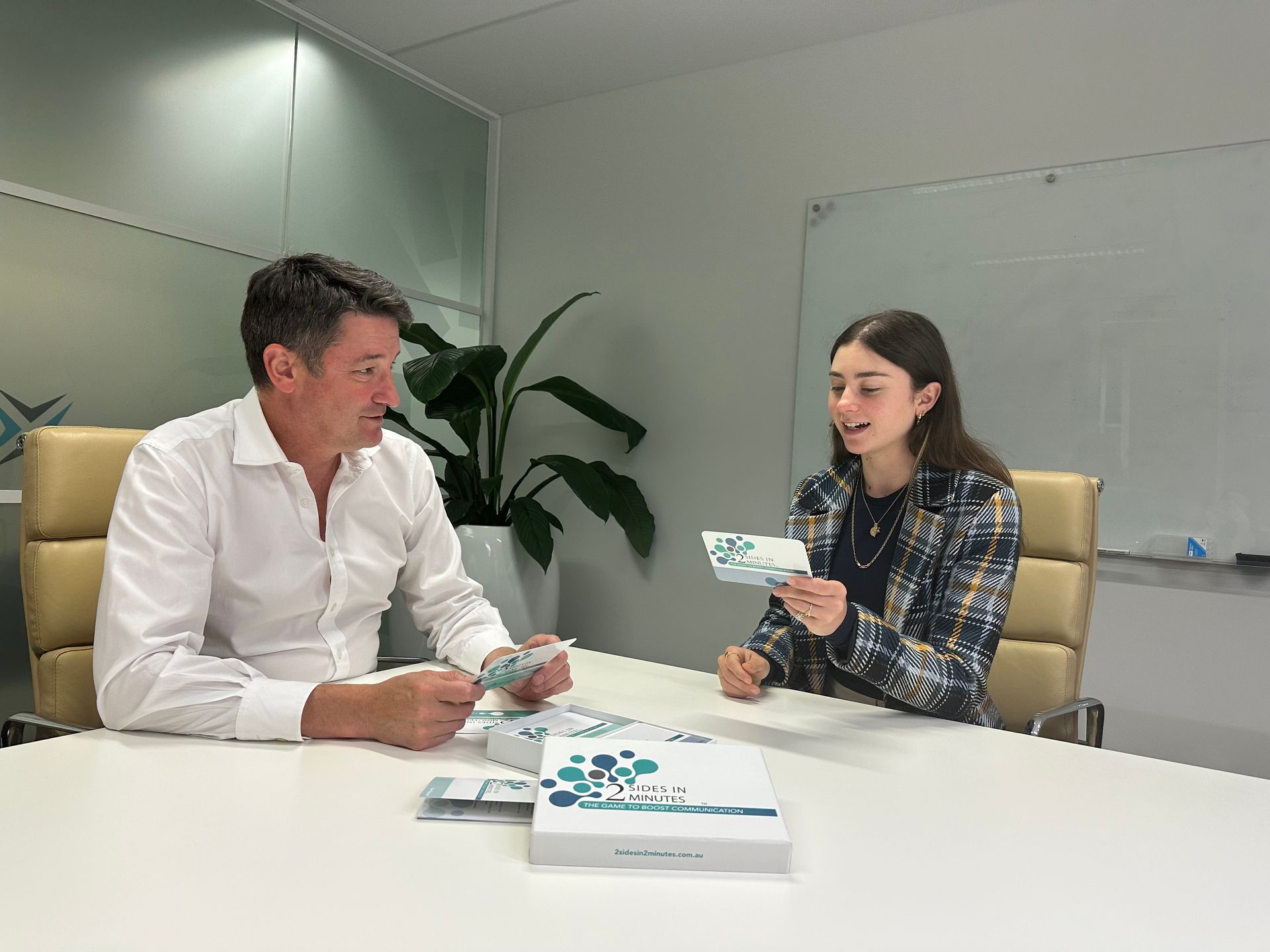Trending Blogs


SHIFTING FOCUS IN THE AGED CARE SECTOR

PEOPLE ARE LIVING LONGER. THANKS TO IMPROVED HEALTH SYSTEMS AND BETTER AGED CARE SERVICES, ACCESS TO SUPPORT FOR OLDER PEOPLE IS NOW MORE OF A FOCUS. THIS FOCUS IS PARTLY DUE TO THE KNOWLEDGE, OUR AGEING POPULATION WILL INCREASE, SEEING MORE DEMAND FOR SERVICES IN THE COMING TEN YEARS. SERVICES NEED TO BE SUSTAINABLE AND AFFORDABLE, OFFER CHOICE AND FLEXIBILITY FOR CONSUMERS, ENCOURAGE BUSINESSES TO INVEST AND GROW AND PROVIDE DIVERSE AND REWARDING CAREER OPTIONS.
Moving towards consumer-directed care means that consumers, will have greater choice. This means organisations must become more competitive, understand what their customer wants and that the care and services offered will be based on needs, as well as demand.
When one reflects on the aged care industry, residential aged care generally comes to mind. However people often want to live independently for as long as possible. They want to continue to reside in their own home. They want to be connected to their family and community, in familiar surroundings.
Aged Care organisations must be flexible in their focus on home support for those traditionally focussed on residential care. The home care packages program has been the subject of significant reform to ensure that the services evolves to meet the care and lifestyle needs of our older Australians. Organisations are therefore looking upon home care as the highest growth and most profitable space in this sector.
From partnering with many of the leading organisations across aged care and residential care as well as across the disability sector, all of these evolving factors do raise some very interesting questions. Would internalising workforces benefit organisations financially, whilst providing the right service levels? How should this change be best managed from a C-level perspective? Should organisations look to expand their workforce with resources who have sector experience and resonate with the organisation on the ground level? Or should organisations hire staff with corporate experience to instil strong project and change methodologies, including project rigor and discipline in an industry just beginning its’ journey to maturity across their project landscape?
This means that when you are looking for people to join your team there are some key traits that it helps to look out for in a person:
- Can they deal with ambiguity in terms of information?
- Are they able to be empathetic with front line staff who have been, are and will continue to deliver the end service?
- Can they balance that empathy and understanding with a commercial understanding that they are able to communicate?
- Can the person manage change and influence people as to why change is required?
To date it has been a very rewarding and enjoyable journey assisting and consulting with Aged Care and Disability organisations to establish PMOs and transformation teams and to build and expand program and project teams from scratch. Partnered exclusively with many players in this market has shown that the challenges facing these businesses are shared, but the approach to solving them differs.
This often means that the staffing or resource needs of these organisations are different, but in sourcing for them it is important to understand the challenges they face. It is a privilege to be able to work in the Aged Care and Disability space, helping companies build their capabilities across Project and Change Management. Building the capability of their workforces and having the opportunity to play a key role in the growth, development and constant evolution in this ever changing, and ever more important sector.
Lydia Mc Williams
Consultant
Project Resource Partners
Level 29, 360 Collins Street, Melbourne VIC 3000 Australia
T
+61 3 9949 8100
D
+61 3 9949 8106
E
lmcwilliams@projectresourcepartners.com.au


